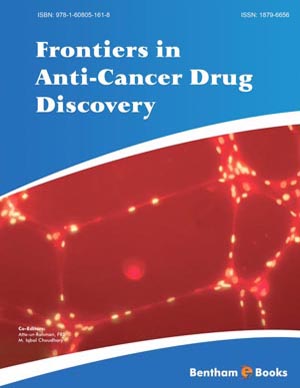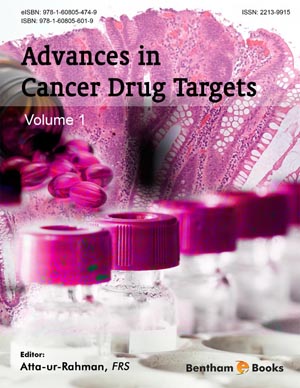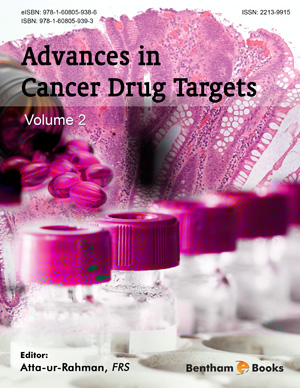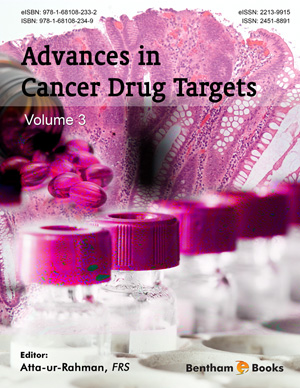Abstract
Breast cancer is the most common malignancy afflicting Western women today and causes many deaths due to metastatic disease. Upregulation of the plasminogen-activation system (PAS) strongly correlates with poor prognosis in metastatic breast cancer and targeting this system is a promising strategy for developing prophylactic anti-metastasis drugs. Two classes of PAS-targeting agents are inhibitors of the serine protease activity of urokinase plasminogen activator (uPA) and antagonists of the interaction of uPA with its cell surface receptor (uPAR). This review provides an overview of the role of PAS in cancer metastasis before discussing the small molecules and peptides from the patent literature since 2000 that target either uPA or uPA/uPAR interactions for use as anti-metastasis drugs.
Keywords: Breast cancer, metastasis, adjuvant chemotherapy, plasminogen activation system, uPA, protease, uPAR, inhibitor, antagonist, WX-UK1, WX-671, Å6, Amiloride, cyclic peptide






















